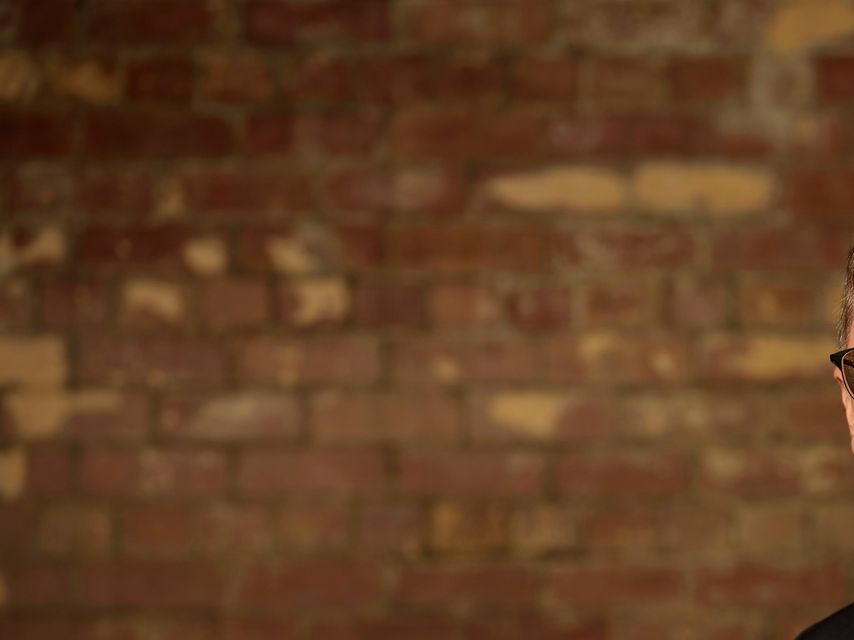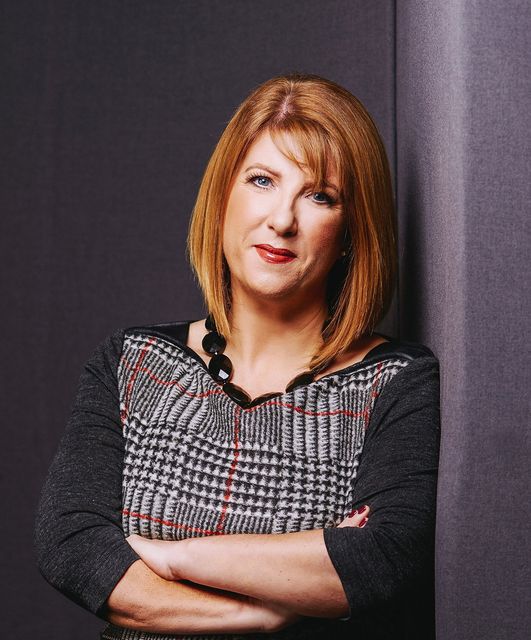The last of the New Year’s parties have been cleaned up and people are returning en masse to work and school. But even after the last hangover passes, the economic outlook facing Northern Ireland seems as muddled as ever.
The continued challenges of the cost-of-living crisis and the era of higher interest rates has hurt the financial health of both businesses and citizens.
And after electoral changes and political instability in Europe, the UK and the US in 2024, the coming year will see new governments try to solve these and other persistent economic problems facing the developed world.
For NI and the rest of the UK, one vexing issue for businesses will be the rising tax burden arising from the Autumn Budget — including growing employer national insurance tax contributions and changes to capital gains and inheritance tax.
Surveying what the next 12 months might bring, Alan Bridle, UK economist at the Bank of Ireland, said the signs were not good for a strong rebound in the first half, after growth stalled in the second half of last year. “However, the economy is expected to regain some momentum as the year progresses with the net fiscal stimulus from the Budget’s spending measures projected to offset the drag on private sector activity from rising employment taxes and wage increases,” he explained.
“It will not be a surprise if pressure mounts on the Chancellor to revisit some of the 2024 Budget measures in her next big ‘fiscal event’ in 2025.
“For Stormont, all eyes will be on the outcome of the UK Spending Review around mid-year.
“Baseline 2025 GDP is forecast at around 1%, a fairly dull and uneven outlook, with geopolitical developments and ‘events’ the main sources of potential downside risk.
“The business sector in general enters 2025 with a sense of apprehension. Domestically, Labour’s fiscal reset has added to the cost burden of doing business. Firms’ responses will vary but include a mixture of pass-through of increased prices, lower profitability, smaller wage increases and lower employment rates.
“Inevitably, some small businesses will close while others will be spurred to accelerate capital investment in greater automation and digitisation.
“For local SMEs, continued expansion in the Irish economy should help support growth in island trade and augment retail spending in border towns.
“For households, the slow and modest recovery in real incomes is likely to continue — although cautious credit and savings behaviours suggests the boost to consumption spending in 2025 from the expected reduction in interest rates may be subdued.”
And Mr Bridle predicted a gradual lowering of the base rate of interest to 4%.
Alan Bridle, UK economist, Bank of Ireland
An economist who sees a connection between the overall health of the economy and the likelihood of interest rate cuts from the present rate of 4.75% is Paul Mac Flynn, co-director of the Nevin Economic Research Institute.
“On inflation and interest rates, I think the picture is looking less rosy than we would have expected this time last year,” he said.
“Energy prices look like they may continue to edge up slightly throughout the year and this may feed into other areas too. I still think interest rate cuts are probable, though, especially if we don’t see an uptick in economic growth in the first half of the year.
“This all depends on geopolitical issues not stoking global price increases. If we see increased disruption in Ukraine or the Middle East, the situation may be very different.
“In terms of growth, I think the last few months of 2024 were clearly disappointing. However, I think linking this to the impact of the UK Budget is wide of the mark.
“The run-up to the Budget is unlikely to have helped the situation, but I think much of the slowdown was already baked in. I don’t think we should expect a significant upturn in 2025 either.
“One of the main policy decisions in the UK Budget was the increase in employer national insurance, and there has been quite a lot of talk about how firms might respond to that.
“I don’t think the impact will be very large. Many areas of the economy are still dealing with labour shortages and so firms are more likely to react by slowing the pace of hiring, rather than job cuts.
“Similarly, the room for significant price increases is more constrained than it has been for some time, and so many firms may have to look to other savings in order to remain competitive.
“Overall, I think 2025 will be a year of adjustment. But if global turbulence can be limited, there is the possibility of consolidation and stability.”
Paul Mac Flynn, Nevin Economic Research Institute (Neri)
Read more
The impact of global uncertainties is also on the mind of Andrew Webb, the chief economist at business advisory firm Grant Thornton on the island of Ireland.
“Twenty twenty-four was a year filled with major elections, and now we get to find out what those all mean for the economy.
“A new Trump presidency starts in the coming weeks, so it is time to strap in and see where this roller coaster takes us. Will Trump’s election rhetoric of major tariffs come to fruition, and will those result in a trade war between the US and other major economies?
“It is exceptionally difficult to take a view on that given how often election rhetoric turns out to be just that, but it is something economists are watching closely.
“The autumn Budget, specifically the increase in employer national insurance, has seen business confidence slump to its lowest level since Liz Truss’s days as Prime Minister.”
On interest rates, he believes “it seems more likely that the Bank of England will continue the gradual rate cutting approach”, adding: “My best estimate is that we will get a rate cut in February and a few more during 2025 to bring rates down by around 1% from their current 4.75%.”
Andrew Webb
Angela McGowan, the director of CBI Northern Ireland, believes domestic price pressures were still high, even though the worse of the inflation crisis may be over.
“We also expect growth to continue at a steady yet unimpressive pace this year, and through to 2026, as households and businesses continue to feel the squeeze,” she said.
“The good news is that there are things government can do now to support business confidence and increase headroom for investment. For example, implementing measures to boost tech adoption and the energy transition, supporting training and apprenticeships, reforming planning and delivering key infrastructure projects such as upgrading the wastewater system.
“A further boost could potentially come from government supporting occupational health incentives for the workforce.”
Angela McGowan
And 2025 promises to be a mixed year for Northern Ireland’s hotel trade. Janice Gault, chief executive of the Northern Ireland Hotels Federation, said there was limited growth predicted for the year.
“The economy is sluggish, with proposed new policies heightening tensions around growing costs, attracting people and increased bureaucracy,” she explained.
“This is balanced by strong interest from international visitors, and the opportunities afforded by the return of The Open in July, and strong investment in the local hotel sector through acquisition, construction and development.”
Janice Gault, chief executive of the Northern Ireland Hotels Federation




